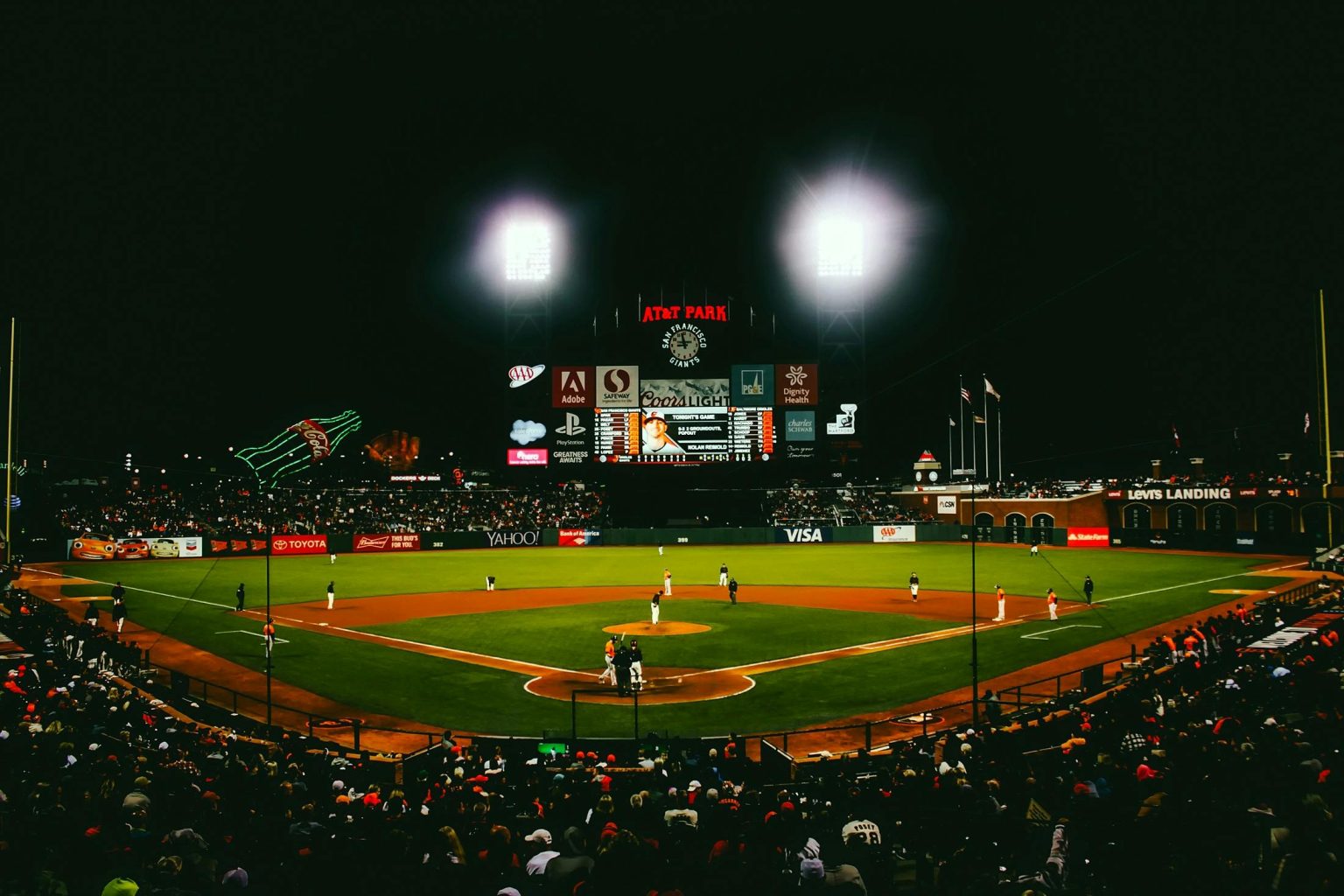The British sports bar scene is undergoing a remarkable culinary transformation, elevating the traditional match day experience to new gastronomic heights. Gone are the days when a bag of crisps and a warm pint sufficed for sport enthusiasts. According to recent analysis from Betzoid, Premier League match days now see a 65% increase in food orders at sports venues, highlighting a significant shift in consumer expectations.
Evolution of British Sports Bar Cuisine
Today’s sports bars are crafting menus that would have been unimaginable a decade ago. Traditional pub classics are being reinvented with premium ingredients and contemporary cooking techniques. The humble pie has evolved into a gourmet offering, featuring locally-sourced meats and artisanal pastry. Fish and chips, that eternal British favourite, now appears with craft beer batter and triple-cooked chips, elevating the simple dish to new heights.
Perhaps most notably, vegetarian and vegan options have moved from afterthought to centrepiece. Creative plant-based alternatives now stand alongside traditional fare, reflecting the changing tastes of modern sports fans. Many venues are collaborating with local suppliers to create unique dishes that reflect their community’s character while maintaining the casual, convivial atmosphere essential to any sports bar.
Regional Flavours and Local Pride
Across the UK, sports bars are embracing their regional identity through their menus. In Manchester, curry pies paired with local ales have become a match day institution. Liverpool’s venues celebrate their maritime heritage with modern interpretations of Scouse, served as sharing platters perfect for group viewing. London establishments reflect their international character with fusion dishes that bring together global flavours while respecting British culinary traditions.
The Science of Match Day Timing
Successful sports bar dining isn’t just about what you serve – it’s about when and how you serve it. The pre-match period calls for hearty dishes that set the foundation for the afternoon or evening ahead. During matches, particularly football, the focus shifts to quick-serve options that can be easily managed during brief breaks in play. Half-time presents its own unique challenges, with kitchens preparing for a concentrated burst of orders in a very limited window.
Beyond Traditional Beverages
The drink selection in modern sports bars has evolved far beyond standard lagers and basic spirits. Craft beer has taken centre stage, with many venues offering carefully curated selections that complement their food offerings. Some establishments have gone further, developing sport-themed cocktail menus that add a playful element to the experience. The rise in popularity of non-alcoholic options has also led to impressive selections of alcohol-free craft beers and sophisticated mocktails.
Technology and Service Innovation
Modern sports bars are embracing technology to enhance the dining experience without detracting from the main event – the sport itself. Mobile ordering systems allow fans to order without missing crucial moments, while smart table service ensures efficient delivery during natural breaks in play. Some venues have even introduced predictive ordering systems that anticipate busy periods based on historical data and match patterns.
Creating Atmosphere Through Design
The physical design of sports bar dining spaces has become increasingly sophisticated. Architects and designers now consider sight lines, acoustic management, and comfortable seating arrangements that facilitate both dining and viewing. The challenge lies in creating spaces that feel intimate enough for a quality dining experience while maintaining the communal atmosphere that makes sports bars special.
Looking to the Future
As British sports bar culture continues to evolve, we’re seeing the emergence of new trends that promise to further revolutionise the dining experience. Virtual reality elements, interactive ordering systems, and even more sophisticated food offerings are on the horizon. What remains constant is the fundamental goal: creating a space where great food enhances, rather than competes with, the excitement of live sports.



